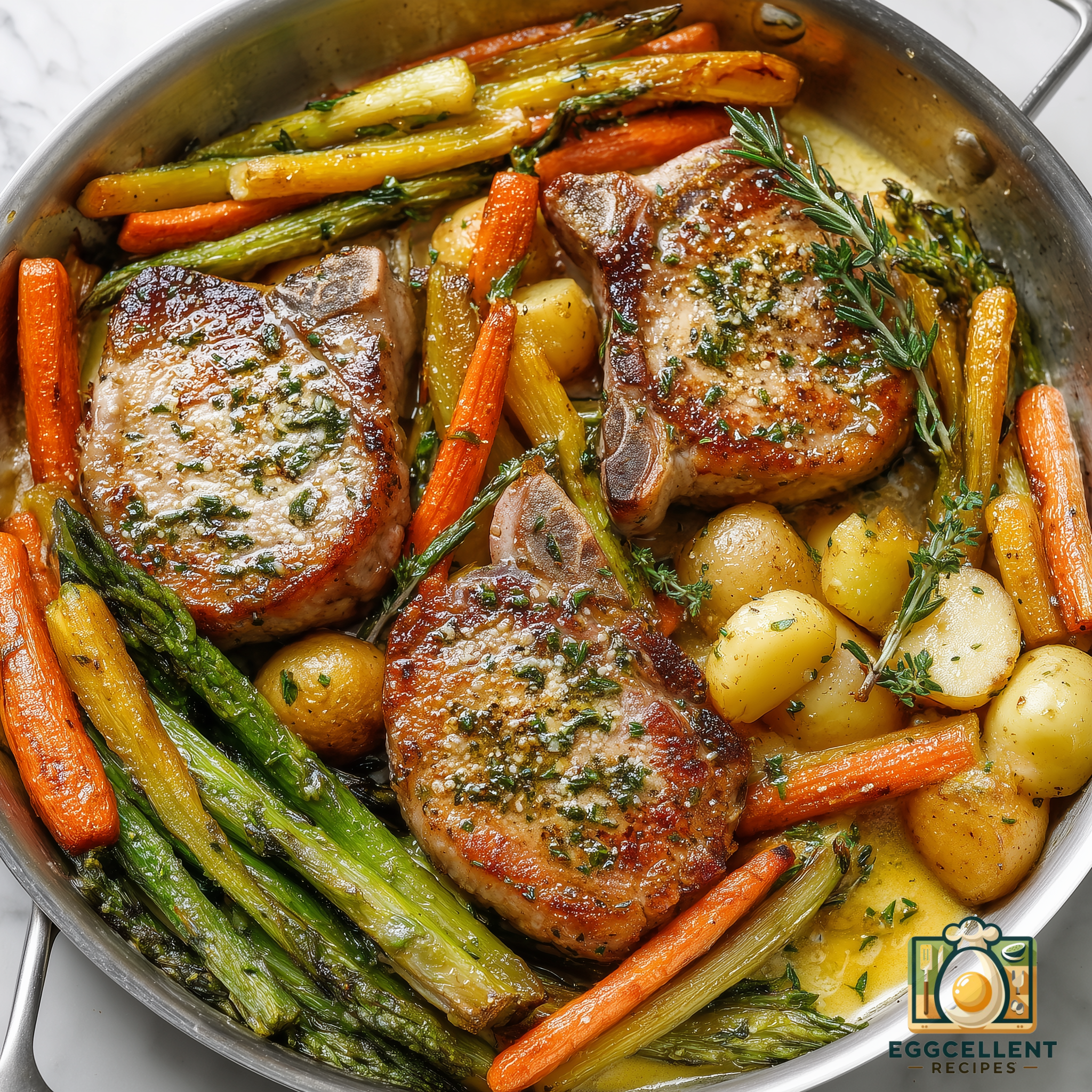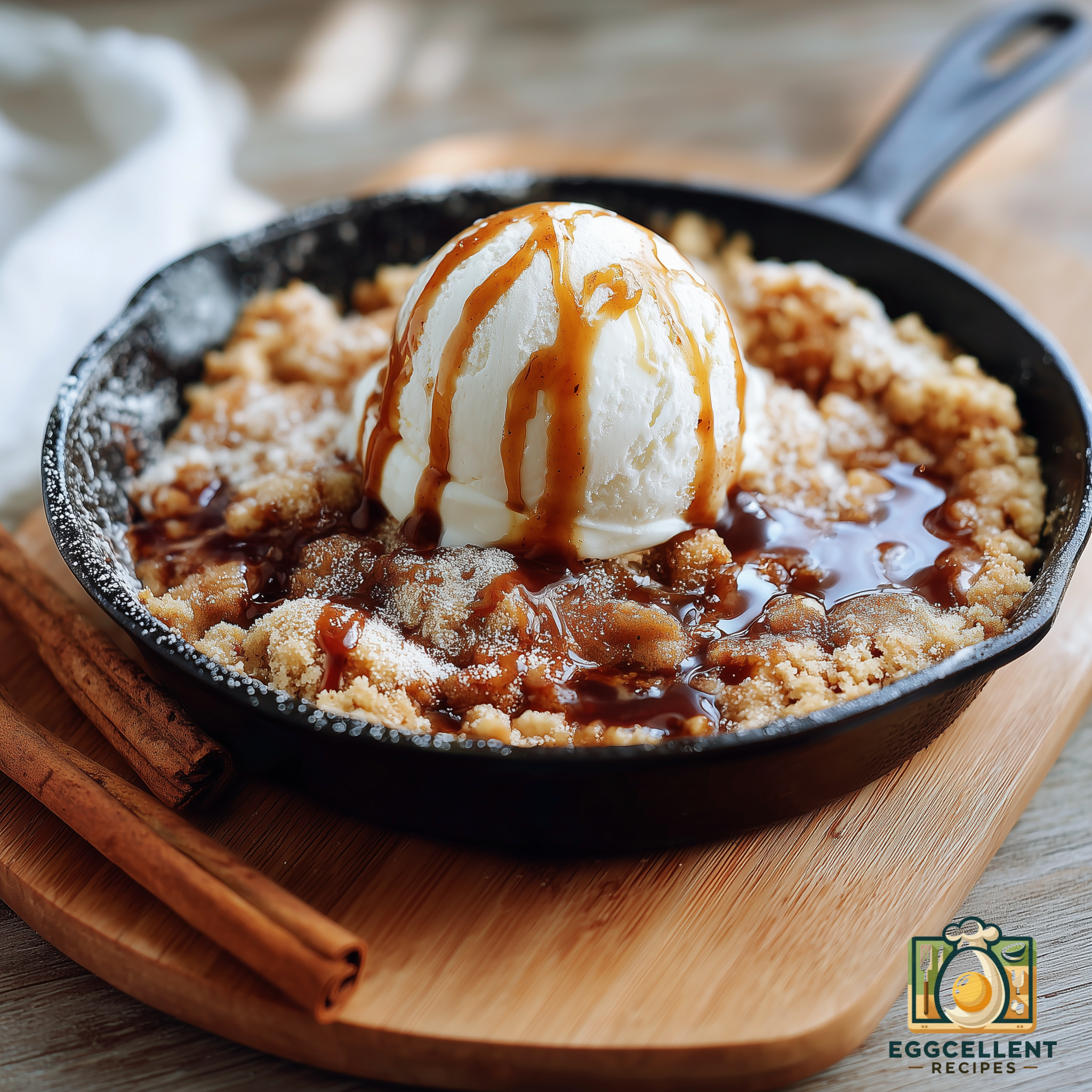
Diverticulosis, a condition marked by the development of tiny pouches along the walls of the colon, poses unique dietary challenges for those affected. While these pouches, or diverticula, are generally benign, their presence demands careful dietary considerations to prevent inflammation or infection—conditions known collectively as diverticulitis. Among the dietary adjustments recommended, incorporating eggs into your meals could offer multiple benefits. This article delves into the nutritional virtues of eggs and their potential role in alleviating diverticulosis symptoms.
Nutrient-Rich Comfort: The Humble Egg
Eggs are celebrated for their nutritional completeness. They’re an excellent source of high-quality protein, essential for tissue repair and maintenance. Besides proteins, eggs are loaded with a spectrum of vitamins and minerals crucial for overall well-being, including vitamin D for bone health, B vitamins for energy metabolism, and selenium, a powerful antioxidant.
A Digestive System’s Ally
For those navigating the complexities of diverticulosis, the goal is to manage dietary intake in a way that supports digestive health without triggering discomfort. Here’s how eggs stand out as a beneficial choice:
Easy Digestibility
The gentle nature of eggs makes them an ideal candidate for a diverticulosis-friendly diet, especially during flare-ups when the digestive system is particularly sensitive. Their soft texture and versatility in preparation—from boiled to scrambled—make them a safe, comforting choice.
Protein Without the Pain
Adequate protein intake is crucial for healing and overall health, but many high-protein foods can be difficult to digest. Eggs provide a digestible, high-quality protein source that can be easily incorporated into various meals, ensuring nutritional needs are met without added digestive stress.
Low-Fiber Option During Flare-Ups
Although a high-fiber diet is typically recommended for diverticulosis to ease bowel movements and reduce pressure on the colon walls, flare-ups necessitate a temporary shift to a low-fiber regimen to minimize bowel contents and allow for healing. Eggs, being naturally low in fiber, fit perfectly into this temporary dietary adjustment.
Integrating Eggs Into Your Diverticulosis Diet Plan
Incorporating eggs into your diet should be done with consideration for balance and variety, ensuring you’re receiving a wide range of nutrients from other food sources as well. Here are some suggestions:
- Choose Gentle Preparations: Opt for soft-cooked methods like poaching or scrambling to ensure eggs are easy on the digestive system.
- Combine With Other Safe Foods: Pair eggs with other diverticulosis-friendly foods like well-cooked vegetables during periods of normal digestion, and choose low-fiber accompaniments during flare-ups.
- Practice Moderation: While eggs are nutritious, it’s important to consume them in moderation as part of a diverse diet to avoid nutrient imbalances.
Final Thoughts
Eggs, with their high nutritional value and digestibility, can play a supportive role in managing diverticulosis symptoms. They offer a versatile, protein-rich option that can be adapted to suit your dietary needs, especially during sensitive periods. As always, dietary changes should be discussed with a healthcare professional, ensuring they align with your overall health strategy and condition management plan.
By refining the structure, adding detail, and focusing on readability, the article now provides a more comprehensive guide on how eggs can support individuals with diverticulosis, ensuring readers are well-informed and equipped to make beneficial dietary choices.






